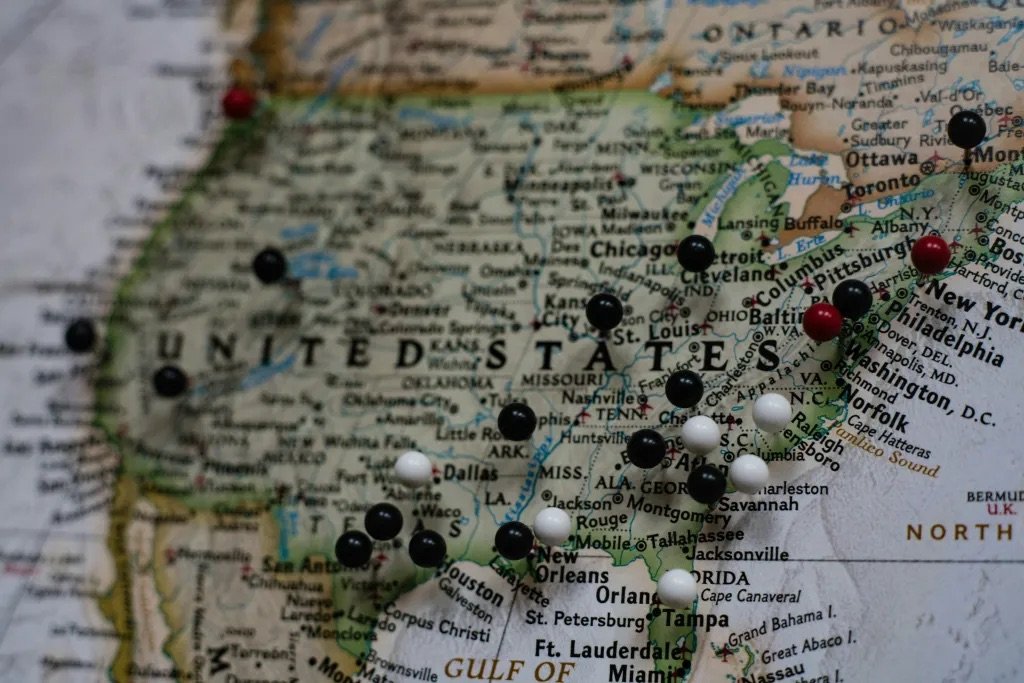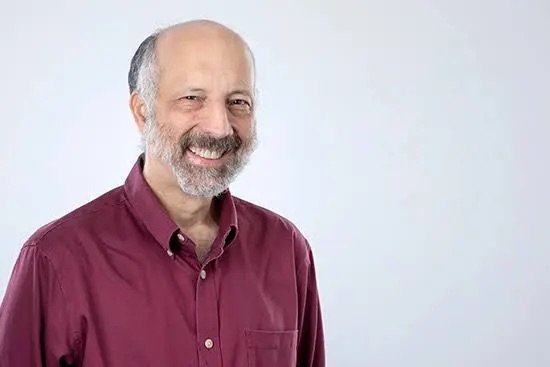Aristotle On Democracy and The Middle Class
In his Nicomachean Ethics, Aristotle defines virtue as the mean between the extremes. While few people confuse courage with its lack (cowardice), there are many who might confuse it with its excess (bravado or cockiness). Courage marks the midpoint, the golden mean, between courage and bravado, in the same way that self-control marks the midpoint between over-indulgence (its lack) and rigid asceticism (its excess).
Dante, who was influenced by Aquinas, who was influenced by Aristotle, embodies this understanding of virtue and vice in his Inferno. Thus, while the fourth level of hell punishes hoarders and wasters alongside each other, the fifth places sinners guilty of wrath and sloth in the same stygian marsh. Both those who hoard their wealth (misers) and those who waste it (prodigals) have failed to find the mean of proper stewardship in relation to money. Just so, both those who give themselves over to mindless vengeance and those who show no concern in the face of injustice have failed to find the proper righteous anger that impels people to desire and enact the true virtue of justice.
In keeping with his logical, consistent, and systematic genius, Aristotle applies the same concept of the golden mean when he shifts his attention from ethics to politics. Indeed, his reason for holding up the middle class as the mainstay of democracy has to do precisely with that class’s ability to find the proper political meaning between the envy of the poor and the contemptuousness of the rich. As I believe the maintenance of our own democracy rests upon the strengths and the proper virtues of the middle class, I would like in the paragraphs that follow to work my way slowly through Book IV, Chapter 11 of Aristotle’s Politics, as translated by Benjamin Jowett.
Aristotle begins the chapter with his signature brand of pragmatism. He is not interested in fashioning an idealistic, utopian state, as his great teacher Plato does in Republic, but in framing a realistic, human constitution that will embody the fullness of the golden mean: “We have now to inquire what is the best constitution for most states, and the best life for most men, neither assuming a standard of virtue which is above ordinary persons, nor an education which is exceptionally favored by nature and circumstances, nor yet an ideal state which is an aspiration only, but having regard to the life in which the majority are able to share, and to the form of government which states, in general, can attain.”
Like the writers of the Federalist Papers, Aristotle envisioned a constitution and a state that would be run by men, not angels, by citizens of moderate virtues and aspirations. Like Jefferson, he sought a government that would ensure the pursuit of happiness: not in the sense of frivolous entertainment, but in the exact terms that he laid down earlier in Ethics. “For if what was said in the Ethics is true, that the happy life is the life according to virtue lived without impediment, and that virtue is a mean, then the life which is in a mean, and in a mean attainable by everyone, must be the best. And the same principles of virtue and vice are characteristic of cities and of constitutions; for the constitution is in a figure the life of the city.”
The proper function, then, of the state, and of the constitution that animates it, is to make possible a life of virtue for its citizens. If its political, military, and social institutions do not work toward the furthering of that goal, then it is not fulfilling its proper function. But who shall run this state, and whose virtues shall define it? “Now in all states,” Aristotle argues, “there are three elements: one class is very rich, another very poor, and a third in a mean. It is admitted that moderation and the mean are best, and therefore it will clearly be best to possess the gifts of fortune in moderation; for in that condition of life men are most ready to follow rational principle.” Note that what distinguishes the middle class as the proper mean is its ability to follow reason. Why is that?
Aristotle explains: “he who greatly excels in beauty, strength, birth, or wealth, or on the other hand who is very poor, or very weak, or very much disgraced, finds it difficult to follow rational principle. Of these two the one sort grow into violent and great criminals, the others into rogues and petty rascals. And two sorts of offenses correspond to them, the one committed from violence, the other from roguery.” Those who are used to being fawned on for their brains, beauty, and breeding—Aristotle likely has Alcibiades in mind—are too often given to violence when they do not get their way. Those, on the other hand, who lack brains, beauty, and breeding use their marginalized status to justify to themselves all forms of petty larceny. Possessed by neither extreme, the middle class is less likely to resort to violence or roguery and more likely to seek rational-legal remedies.
But there is another, deeper reason why the middle class is the most peaceful and law-abiding group:
…the middle class is least likely to shrink from rule, or to be over-ambitious for it; both of which are injuries to the state. Again, those who have too much of the goods of fortune, strength, wealth, friends, and the like, are neither willing nor able to submit to authority. The evil begins at home; for when they are boys, by reason of the luxury in which they are brought up, they never learn, even at school, the habit of obedience. On the other hand, the very poor, who are in the opposite extreme, are too degraded. So that the one class cannot obey, and can only rule despotically; the other knows not how to command and must be ruled like slaves. Thus arises a city, not of freemen, but of masters and slaves, the one despising, the other envying; and nothing can be more fatal to friendship and good fellowship in states than this: for good fellowship springs from friendship; when men are at enmity with one another, they would rather not even share the same path. But a city ought to be composed, as far as possible, of equals and similars; and these are generally the middle classes.Without a substantial cadre of middle-class citizens who know both how to obey and how to rule, a republic will quickly devolve into a state of war between rich and poor, master and slave. Not knowing how to obey humbly, the former group will trample the rights of the latter; not knowing how to rule responsibly, the latter will prefer chaos to order.
The middle class is the most traditional group for it embraces proper hierarchy, knowing what it means to respect and humbly submit to those above them on the ladder and to respect and gently control those below them. Only those who know both can truly be friends and equals, and only such friendship and equality rightly understood can preserve a democratic constitution. Middle-class citizens bring security and stability to the state, “for they do not, like the poor, covet their neighbors’ goods; nor do others covet theirs, as the poor covet the goods of the rich; and as they neither plot against others, nor are themselves plotted against, they pass through life safely.”
The writers of the Federalist Papers feared, as did Aristotle, the instability that arises when there is too great a discrepancy in the ownership of property; in such a state, the middle class declines rapidly, leaving only the dispossessed poor and the greedy rich. They feared, as well, any type of faction within the body politic that would cause violent division. Aristotle foresaw their fears and argued forcefully that the “mean condition of states is clearly best, for no other is free from faction; and where the middle class is large, there are least likely to be factions and dissensions. For a similar reason large states are less liable to faction than small ones, because in them the middle class is large; whereas in small states it is easy to divide all the citizens into two classes who are either rich or poor, and to leave nothing in the middle.”
Thus far, as a matter of convenience, I have used the word democracy to identify both Aristotle’s ideal state and the system envisioned by our Founding Fathers. In fact, neither is true. For Aristotle, and Plato, democracy meant direct rule by the people, an inherently unstable system that both warned against and that both saw as provoking destructive envy in the body politic. For Aristotle, democracy meant rule by the poor, while oligarchy meant rule by the rich. Aristotle’s goal, like that of our Founding Fathers, was the mean between the two: a polity, or constitutional republic, that rested on the dispassionate discipline and level-headed realism of a virtuous middle class.
If we would avoid further factionalism in our already fractured state—if we would combat the irrational, destructive envy of those who feel, rightly or wrongly, that they are dispossessed but have no rational alternative for just rule, and the smug, power-hungry arrogance of a bureaucratic elite who feel contempt for the very patriotic, freedom-loving people to whom they should listen—then we must strengthen the middle class and its traditional virtues of courage, justice, self-control, prudence, patience, friendship, hard work, honesty, frugality, loyalty, self-sacrifice, faith, hope, and love.
Louis Markos, Professor in English and Scholar in Residence at Houston Christian University
Related Essays



